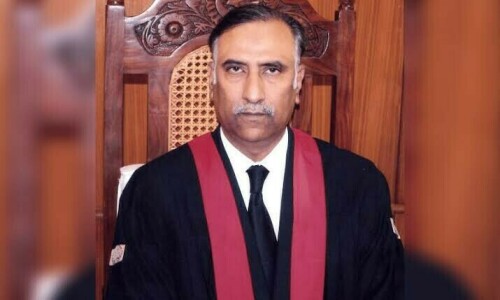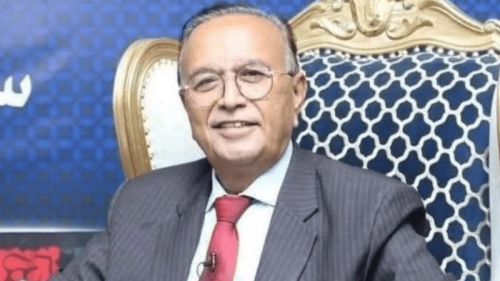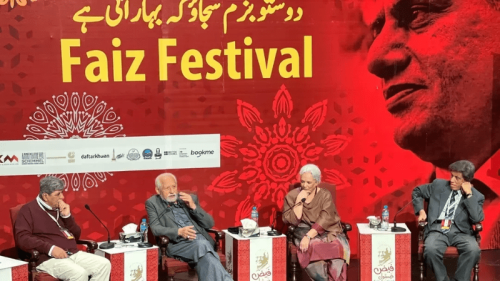ISLAMABAD: Despite opposition from the Ministry of National Health Services (NHS), a parliamentary committee on Thursday unanimously passed “Prevention and Control of the Infectious Diseases Bill 2020.”
The private member bill, if passed by parliament, will empower institutions and local administrations to take prompt decisions to deal with pandemics rather than waiting for decisions from high-powered committees chaired by the prime minister and chief ministers.
The bill was moved by Pakistan Muslim League Nawaz (PML-N) Senator Mohammad Javed Abbasi in Senate on Oct 26, 2020, and later referred to the Senate Standing Committee on NHS. However, the health ministry wants to merge the bill into the National Disaster Management Authority (NDMA) Act 2010.
During the last meeting held on Jan 6, MQM Senator Mian Mohammad Ateeq Shaikh objected to it and claimed that successive governments had made a routine to ruin the hard work of legislators by tabling similar bills. He had said his 42 bills couldn’t sail through parliament due to policies of PML-N and PTI governments to discourage private bills. He had alleged that the ministries mostly copy paste private bills and then moved them as government bills.
During the meeting chaired by MQM Senator Khusbakht Shujat on Thursday, once again the ministry maintained that it was amending the NDMA Act and a number of proposals were already included in it and remaining could also be added.
Draft law seeks powers for institutions and local administrations to deal with pandemics
However, the mover of the bill disagreed with the proposal and wondered how an issue of health can be handed over to the NDMA. He also questioned the existence of the health ministry and other departments if NDMA had to deal with health-related issues.
“It will be like merging criminal and civil laws with each other,” said Mr Abbasi, who is a practicing lawyer.
Briefing the meeting about the bill, he said there was no law in Pakistan to deal with pandemics.
“The only existing law is the West Pakistan Act 1958 which has four sections that deal with cholera, diarrhoea and other diseases. However, Covid-19 has proved that there is a need for a comprehensive law. Unfortunately, there is nobody to take decision so a committee chaired by the prime minister with the representation of chief ministers has to discuss it. The law, moved by me, discusses every aspect and it empowers departments to take decisions to stop transmission of viruses and diseases from abroad and within the country. It suggests that isolation centres should be established at the entry points of the country and there should be control rooms to deal with any untoward situation. Moreover, the draft law has a mechanism of reward and punishment to ensure that no one makes blunders,” he said during the committee meeting and later talking to Dawn.
Mr Abbasi said both Special Assistant to Prime Minister on Health Dr Faisal Sultan and the NHS secretary had agreed that it was a good bill but they insisted on merging it in the NDMA Act.
“The NDMA Act was promulgated through an ordinance to deal with the earthquake [2005]. It comprises the premier, CMs, the governor of Khyber Pakhtunkhwa and representatives from Gilgit-Baltistan and Azad Jammu and Kashmir. So it has no expertise to deal with pandemics. I suggested that the bill should be approved and then provinces will adopt it,” he said.
All members of the committee, including PPP legislators Rubina Khalid and Dr Sikander Mandhro, PTI’s Dr Mehr Taj Roghani, PML-N’s Dr Ghous Mohammad Khan Niazi, independent senators Sana Jamali and Dilawar Khan and Pakhtunkhwa Milli Awami Party legislator Sardar Mohammad Shafiq Tareen unanimously decided to approve the bill.
The bill will be referred to the upper house for voting and if approved will be sent to the National Assembly.
Published in Dawn, January 29th, 2021

















































